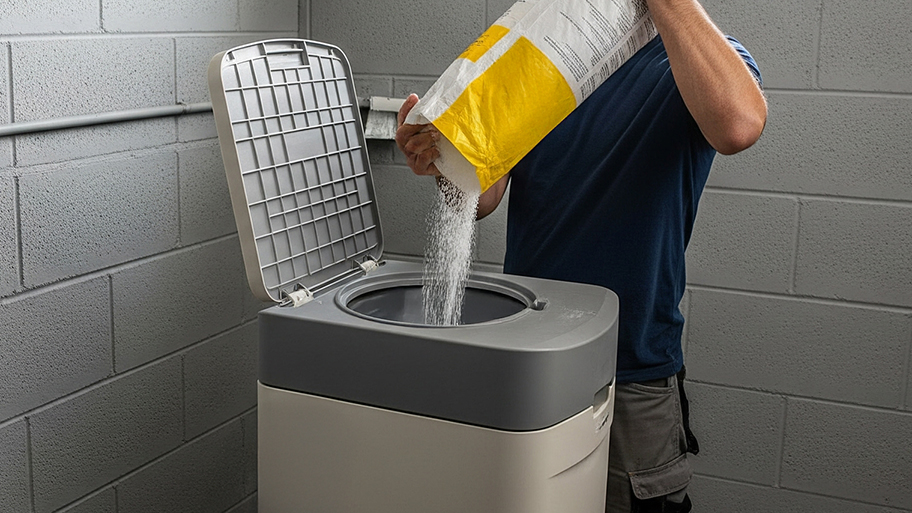
How much a water softener costs depends on your home’s size, and the system’s type and capacity. Our expert guide explores all the price factors.
It all boils down to your priorities


Water softeners get rid of hard minerals in your home’s water.
Water filters remove a wider range of contaminants from your water.
Softeners are whole-house units that use salt and resin to remove minerals.
Filters come in various sizes (including whole-house, point-of-use, refrigerator, and pitcher) and block impurities from entering your drinking water.
You can install a water softener, filter, or both, depending on your goals.
If you’re unhappy with your home’s water supply, investing in a water treatment system—like a water softener or water filter—can make all the difference. However, choosing the right type of system depends on the specific problem you’re trying to solve. To help you determine the best option, let’s compare the differences between water softeners versus water filters.
The main difference between soft water and hard water is the mineral content. Hard water has higher levels of calcium and magnesium, whereas soft water has undergone a process to remove these minerals.
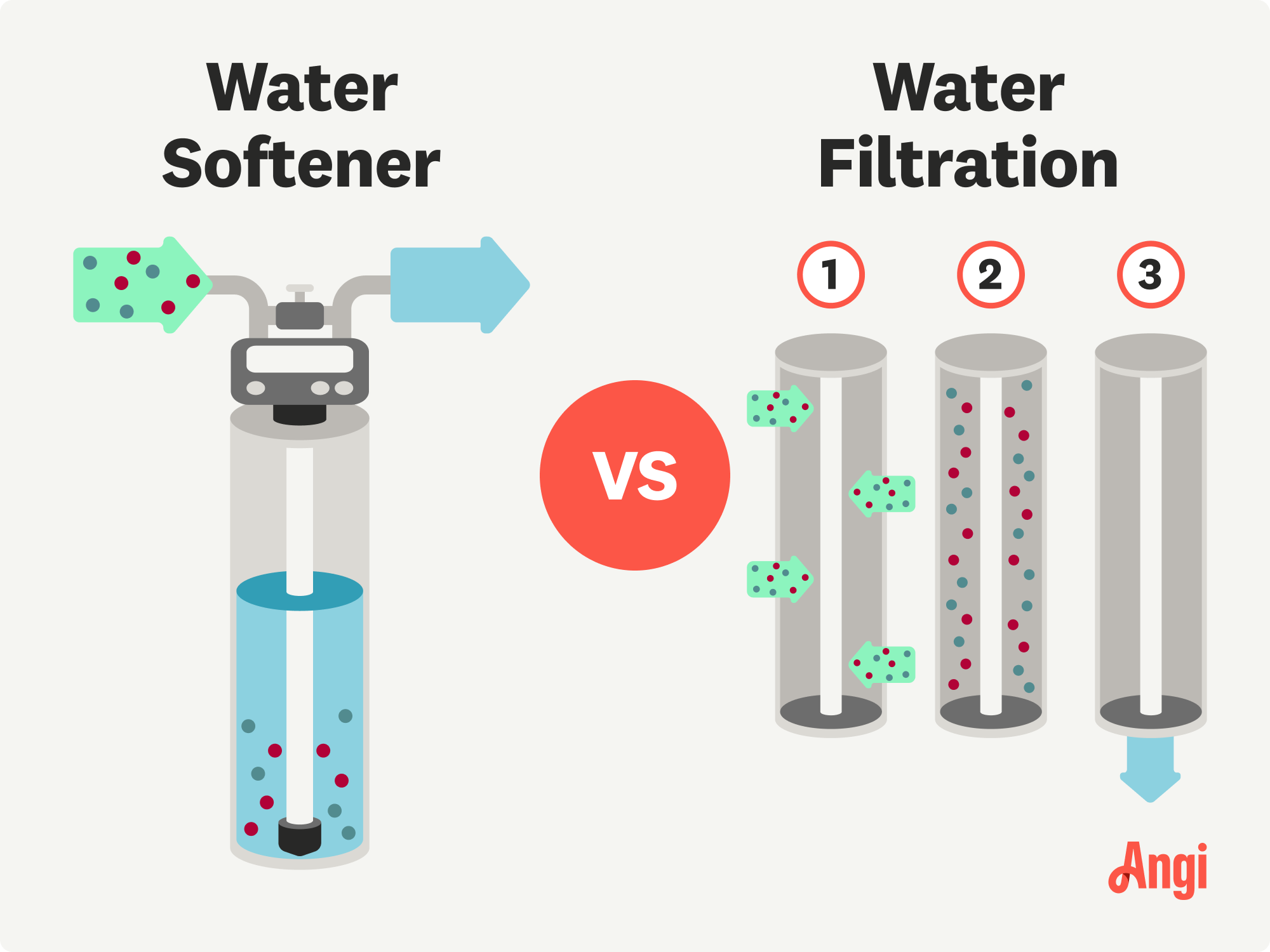
The primary difference between water softeners and water filters is their purpose. Water softeners remove hard water minerals to prevent clogged pipes, stained dishes, and dry hair and skin. In contrast, water filters remove a wide range of contaminants and impurities to produce cleaner and safer drinking water.
| Water Softeners | Water Filters |
|---|---|
| Remove hard water minerals, like calcium and magnesium | Remove sediment, heavy metals, and chemicals, like chlorine |
| Can eliminate hard water stains | Can eliminate odd tastes or smells in water |
| Can increase skin health, hair health, and laundry appearance | Can help you save money by eliminating the need for bottled water |
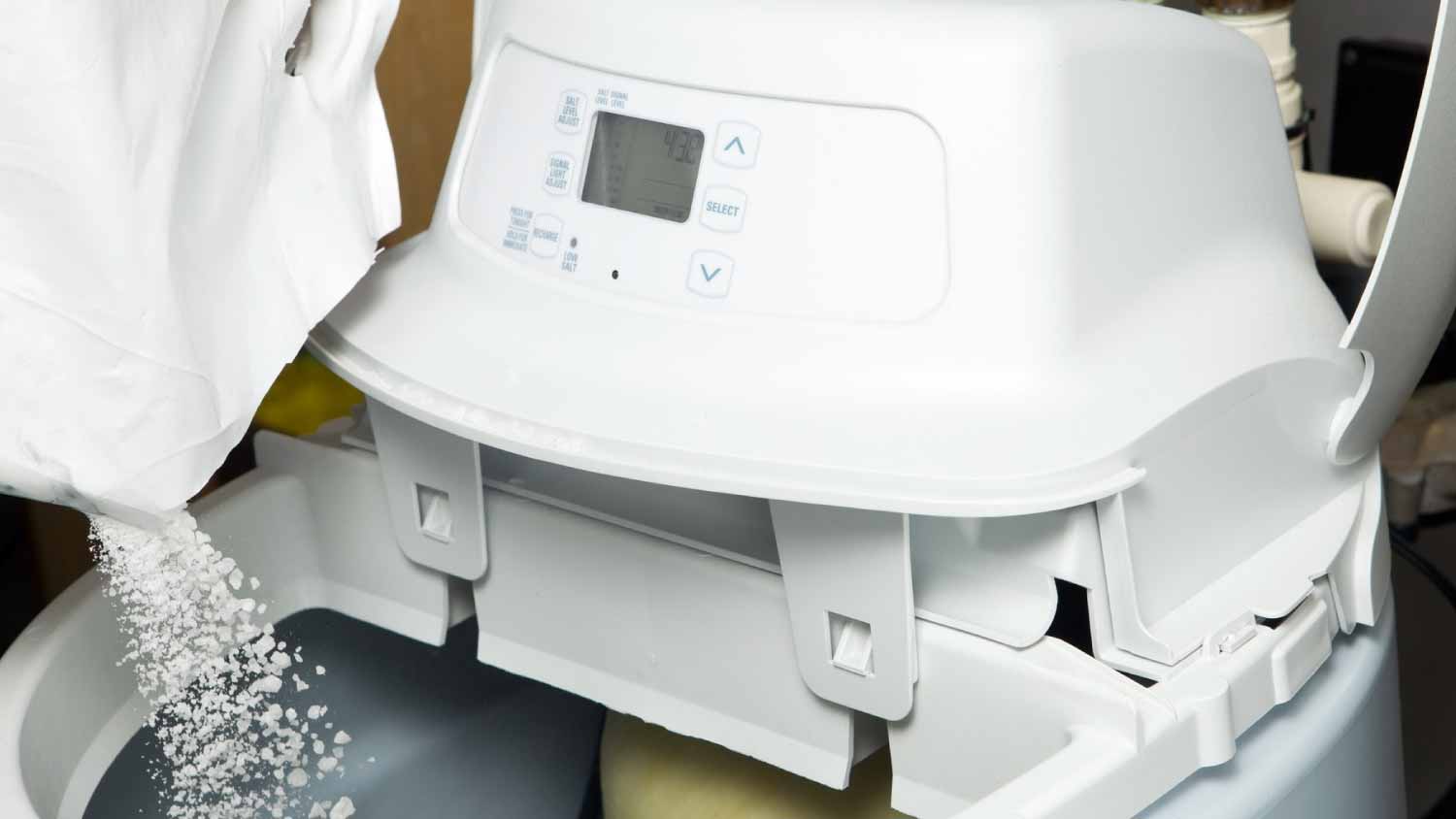
A water softener pulls hard water minerals (namely, calcium and magnesium) out of your water supply, replacing them with “softer” ones (such as sodium or potassium). This process helps prevent hard water minerals from building up in your appliances and plumbing system, which can extend their life span. Softeners can also fix other issues caused by hard water, including dry and itchy skin, dull hair, stained dishes and glassware, and stiff laundry.
| Pros | Cons |
|---|---|
| Reduces hard water stains | Runs on electricity |
| Offers better hydration for hair and skin | Requires regular salt refills |
| Protects appliances and plumbing | Produces wastewater |
Best for:
People who live in regions with hard water
Individuals with dry skin or hair
Anyone who wants to reduce wear and tear on their appliances or plumbing
There are many benefits of using a water softener to treat hard water in your home. For starters, a softener helps prevent hard water residue from staining your dishes and accumulating in your sinks, toilets, and showers. On top of that, a water softener can nourish dry skin and dull hair—two common signs of hard water. It can also provide cleaner laundry that’s less likely to stiffen or fade in the washing machine.
By removing calcium and magnesium from your water, a softening system also helps prevent mineral buildup in your pipes and appliances. This offers better protection against clogging and can even help them last longer.
Cost is the main drawback of a water softener. Not only do you need to factor in the price of the unit and installation from a local water softener pro, but you should also consider the ongoing expenses, including the cost of electricity. And if you choose a traditional water softener, you’ll need to refill the water softener salt every six to eight weeks.
Plus, salt-based water softeners create wastewater, which isn’t good for the environment or your wallet. They also introduce trace amounts of sodium into your water. While this is safe for many people, it’s not ideal if you’re on a low-sodium diet or have high blood pressure. In that case, you might want to consider a salt-free water softener instead.
A water softener may reduce some contaminants in your water, but it is not meant to be a replacement for robust contaminant reduction offered by water filters.
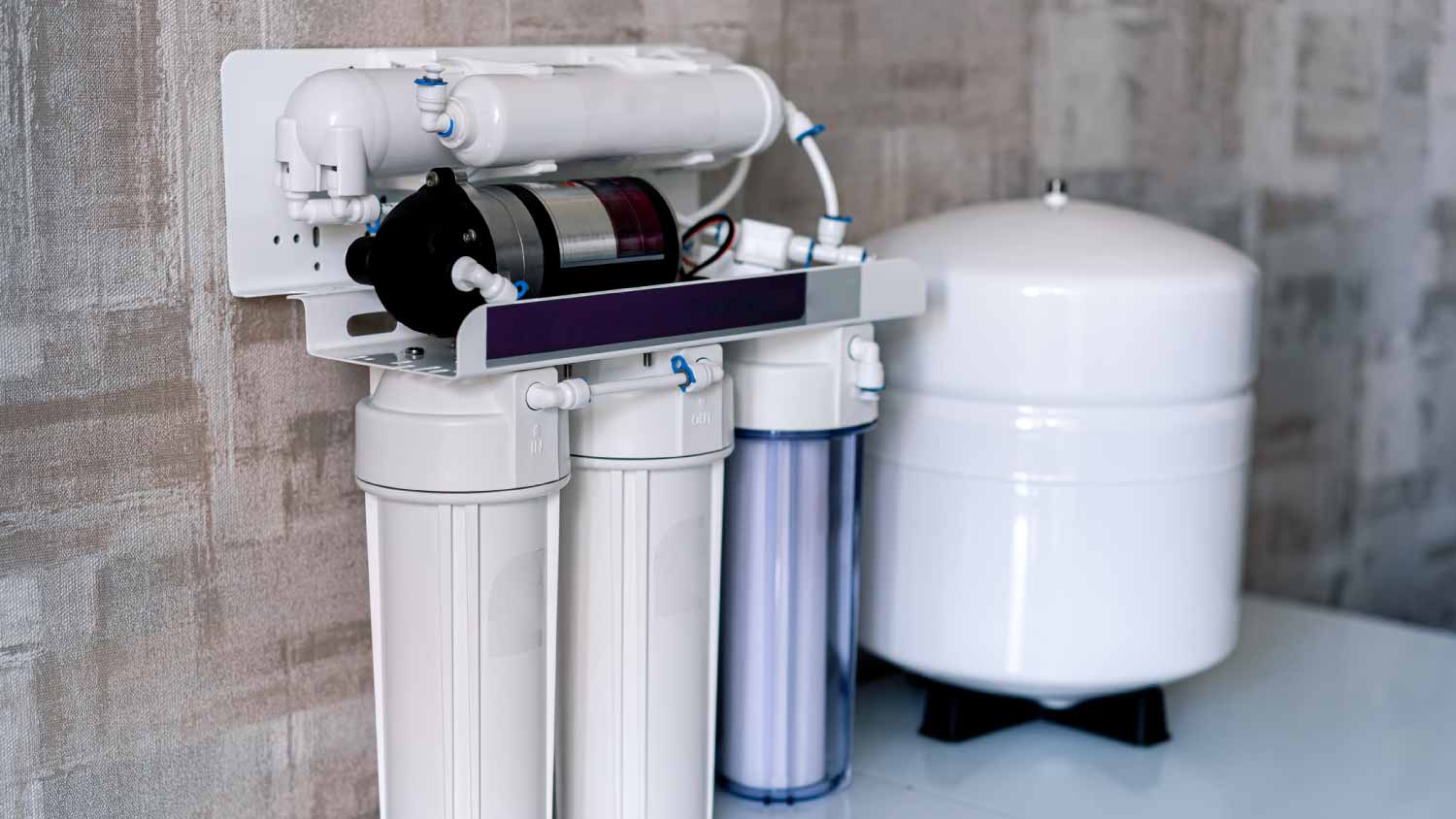
A water filter removes contaminants—such as chemicals, sediment, and heavy metals—from water, so it’s safer for human consumption. They come in a variety of sizes, ranging from pitchers to refrigerator filters to whole-house systems, and filter types, including activated carbon, reverse osmosis, and ultraviolet (UV). Some use a physical barrier to block particles and impurities, while others rely on chemical or biological processes.
Each type of water filter can get rid of specific contaminants, so it’s important to do your research before choosing one. For example, UV filters are great at killing bacteria and viruses, but they can’t remove heavy metals. If that’s important to you, you may need to look for a filtration system that includes multiple types of filters.
| Pros | Cons |
|---|---|
| Can remove many contaminants | Can be expensive to purchase and run |
| May improve water’s taste and odor | Some need regular filter changes |
| Installation is often DIY-friendly | May remove beneficial minerals |
Best for:
People living in areas with poor water quality
Individuals looking for a more affordable and eco-friendlier alternative to bottled water
Households with children, older adults, or immunocompromised people
Water filters are designed to remove all kinds of impurities, leaving you with cleaner and healthier water. They can even make your water taste and smell better. Being able to filter your water is essential if you live in an area with poor water quality or high levels of contaminants.
Also, unlike water softeners, certain types of water filters are easy to install without professional help. Pitcher and end-of-faucet water filters, for instance, require minimal assembly.
While small water filters are affordable and easy to set up, large-scale filtration systems are not. For example, installing a whole-house water filter costs thousands of dollars and requires the help of a licensed plumber. They also need regular maintenance and periodic filter replacements.
Another drawback is that some hard water filters remove minerals (including calcium and magnesium) from your water supply. While this is good for homes with hard water, it might not be so beneficial if you have soft water because it strips these healthy minerals from your drinking water.
According to Angi customers, 36% of homeowners have noticed an unusual taste or odor in their home’s water. Some describe it as a rotten egg or chemical smell, while others say the water tastes metallic or salty. In many cases, hiring a professional can help identify the source of the issue and recommend the best fix.
Since water filtration and softener systems serve different purposes, it can be difficult to compare them. However, if you’re trying to decide between one or the other, it’s helpful to understand how they match up in key categories.
Look for an NSF rating on your water treatment device. These ratings come from the National Sanitation Foundation and give you more detail about what a product does. An NSF seal also means that the product has been tested and certified safe with proper use.
Both water filters and water softeners vary significantly in price, depending on the type and size. Water filters range from $50 for a pitcher to $4,800 for a whole-house water filtration system. Water softeners cost between $200 and $4,000 on average.
If you want the cleanest possible water, a water filter is a better choice than a water softener. Water filtration system capabilities vary, but some types can block out sediment, chemicals, bacteria, viruses, heavy metals, and other impurities. Water softeners eliminate magnesium and calcium, which are actually beneficial to your health.
Water softeners offer the benefit of improved hair and skin health by removing minerals from hard water that leave an unpleasant residue on your body. That mineral residue can strip your hair and skin of essential moisture, causing dryness and sometimes even irritation. When you shower, soaps and shampoos will lather and rinse better if you have softened water, which means cleaner, softer skin and hair. Softened water can also be a huge perk for people with particularly long, curly, or color-treated hair because it means fewer tangles and longer-lasting color.
On the other hand, water softeners offer more benefits for your home. By softening your water, these devices ease the burden on your appliances and plumbing and reduce hard water stains in your kitchen and bathrooms.
Water softeners require much more frequent and involved maintenance than water filtration systems. Water softener maintenance tasks include monthly salt refills, checking the brine tank for and breaking up salt bridges, and draining and cleaning the brine tank. For the most part, the only maintenance for a water filter is regular filter replacements (every three to six months).
From average costs to expert advice, get all the answers you need to get your job done.

How much a water softener costs depends on your home’s size, and the system’s type and capacity. Our expert guide explores all the price factors.
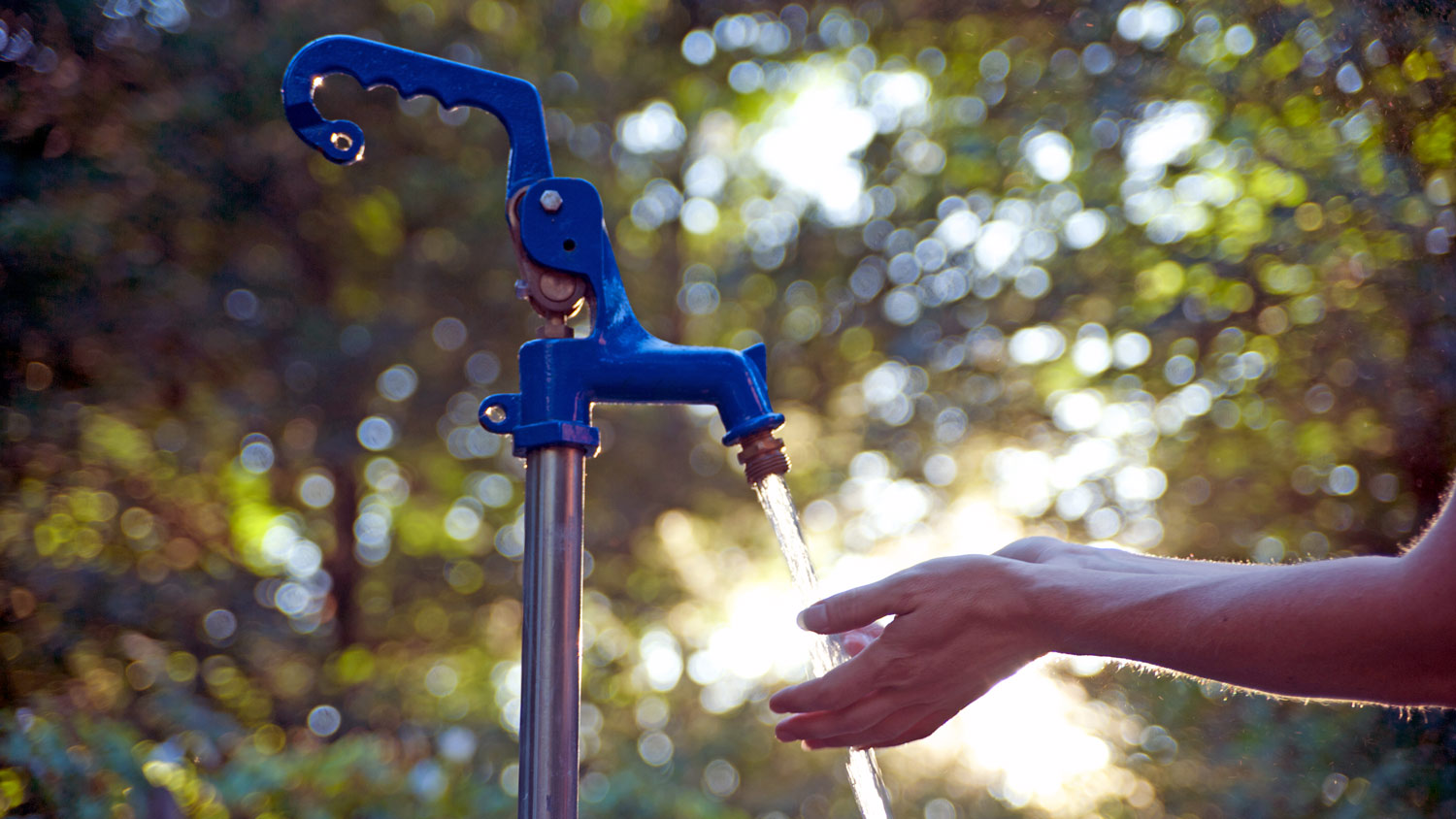
Discover how much well water treatment systems cost, including installation, maintenance, and tips to save. Get expert insights to plan your water system project.
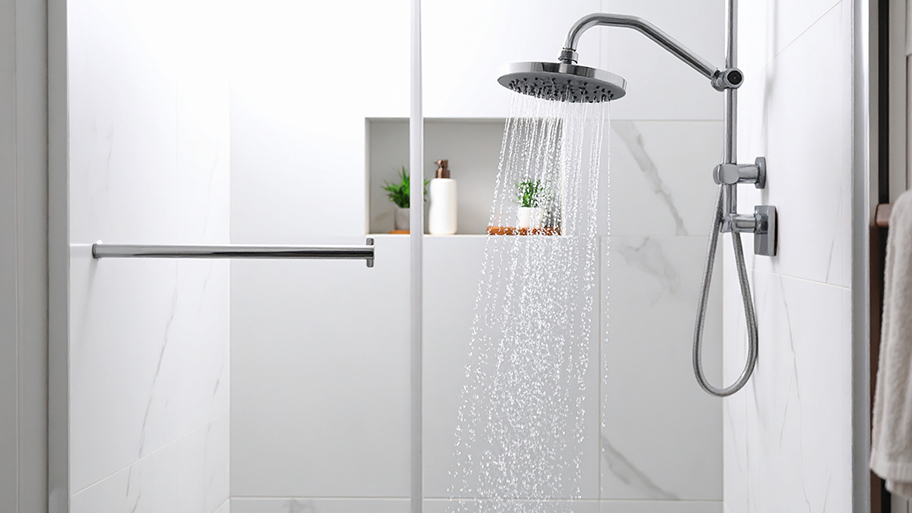
Water softener repair costs can add up, but they’re almost always worthwhile. Use this guide to see what your project is going to cost before you get started.

Water softeners use salt to flush away minerals, but there are many options to choose from. Consider the pros and cons of these seven water softener salt types.
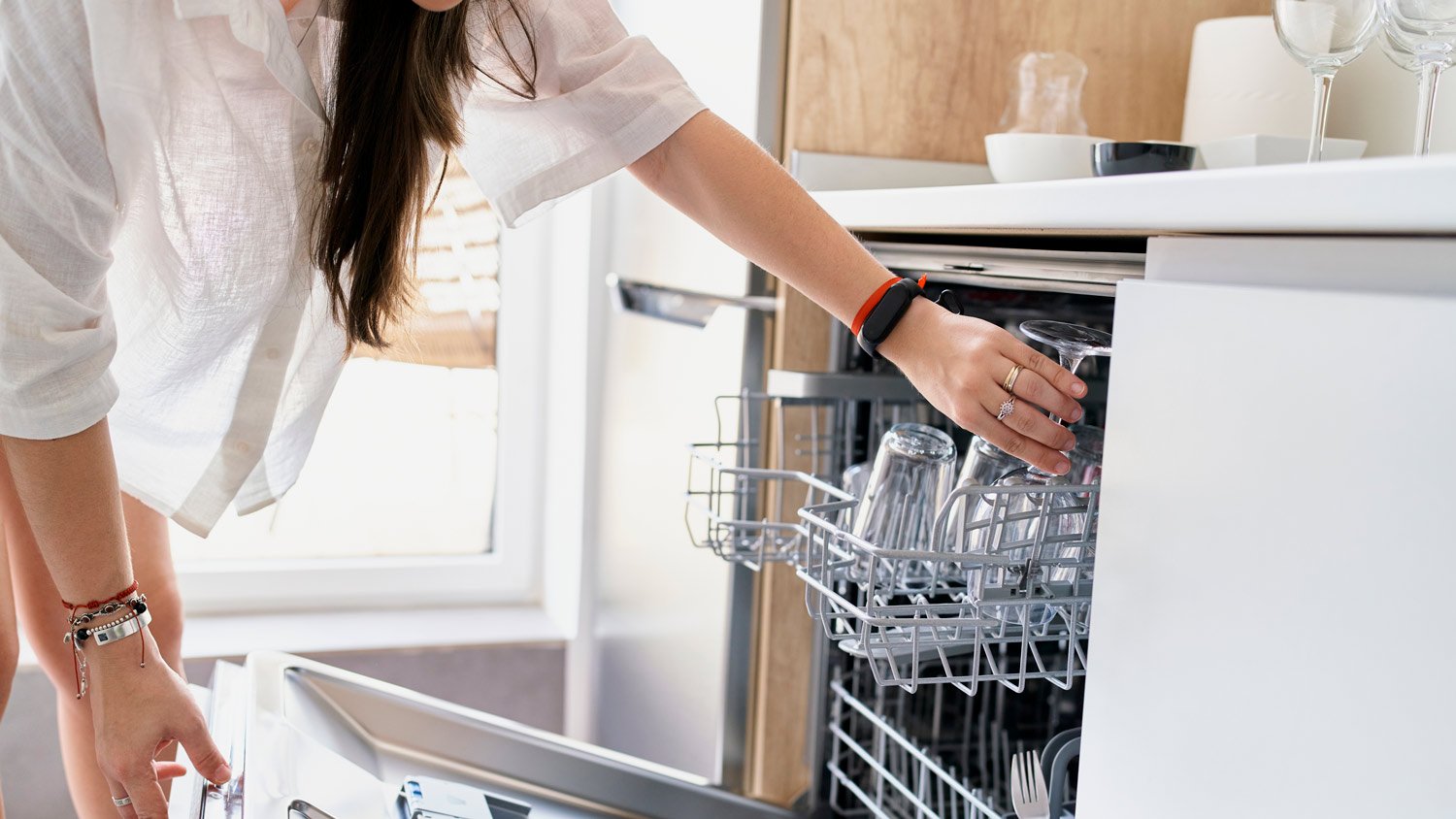
A clogged water softener can reduce the system's efficiency and your water pressure. Here's how to identify problems with yours and what to do about them.

If you're worried that calcium buildup is causing your pipes to corrode, you need to learn about DIY and professional ways to remove calcium buildup in pipes before something major happens.